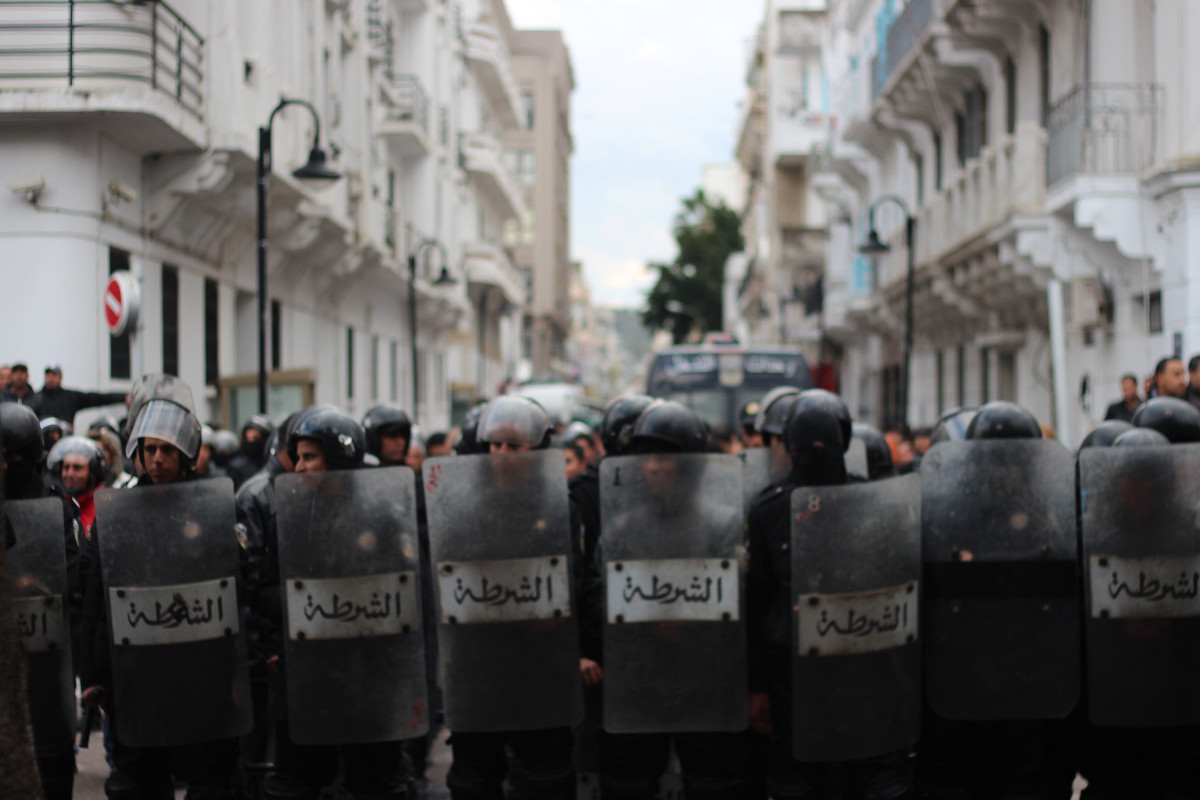Editorial
Topic
Country/Region
14 October 2024
The EU institutions have groaned back into life following the traditional summer lull, and the externalisation of migration control remains firmly on the agenda – not that there was ever any doubt it would disappear from it.
Support our work: become a Friend of Statewatch from as little as £1/€1 per month.
Since 1 July, the Hungarian authorities have held the Council Presidency role. While this is, to some degree, a symbolic position, the member state with the Presidency also has a six-month window in which they can promote their policy preferences.
The Hungarian authorities, despite their avowed dislike of “Brussels”, are clearly more than happy to use its structures to advance ever-stricter migration control measures. This comes through loud and clear in documents published with this bulletin, with Presidency papers calling for new action to increase deportations, deeper migration control partnerships with non-EU states, stricter visa sanctions, and a host of other initiatives.
Of course, in many respects, this simply adds a Hungarian touch to long-standing EU policy priorities. The Orbán regime is also no doubt emboldened by the far-right’s disturbing electoral victories across the EU. Harsh new domestic measures against migration being proposed by member state governments of supposedly different political hues. No matter who is in power, it’s likely they are going to be scapegoating migrants.
The negative effects of these policies do not go unrecognised. The EU is not a monolith. Its own institutions are aware that continued support for and cooperation with Tunisia on migration policy “will entail striking an increasingly difficult balance between the EU’s credibility in terms of values and its interest in staying constructively engaged.” Yet the same report concluded that cooperation needed to be deepened. “European values” are increasingly being outweighed in that supposed balancing act.
This edition’s analyses provide unfortunate support for that contention. A Hungarian Presidency paper on the Central Mediterranean makes no mention of the political repression and violent abuses suffered by citizens and migrants in Tunisia, Egypt and Libya. A paper by the preceding Belgian Presidency on the situation in Sudan is, in our correspondents’ view, either blind to or deliberately ignorant of the ways in which the EU’s chief political priority – the containment of refugees – overrides options for meaningfully contributing to a peaceful resolution of the disastrous conflict in the country.
This is not to say that the EU has not provided humanitarian support to the region: money, and lots of it, has gone to Chad, South Sudan and other countries in the region who are hosting the vast majority of those forced to flee Sudan. But it is also the case that EU aid and development funding is increasingly propping up its migration control agenda, alongside existing border and migration funds.
Through the Coordination Group on Migration, a secretive body set up in late 2021, the EU and the member states attempt to coordinate their external migration spending. However, there is practically no public information available on the group, aside from a few scattered references to it in obscure documents.
We have so far obtained the agendas from all the meetings of the group, which are published with this bulletin. These do not reveal much, though they do show how hard ‘hard’ and ‘soft’ measures sit alongside one another in the EU’s policy palette.
In June 2023, the group discussed a project to support the Egyptian coast guard and border guard with surveillance and search and rescue equipment. A month later, “Supporting Chad, South Sudan and Ethiopia to addressing the Sudanese displacement situation” was on the agenda. Pending requests for documents that we have filed should shed more light on these, and other, projects.
Next year it is likely that proposals for the next round of EU budgets will be published. There will be substantial pressure for bigger funds for migration and border control, at the EU’s borders and beyond. It will be urgent to stop even more public funding being poured into harmful and counter-productive policies and projects.
A better understanding of those policies, projects and the bodies through which they are advanced, can play a key role in the struggle for more just and humane migration and asylum policies. As always, we hope this bulletin can contribute to that understanding. Knowledge does not automatically equate to power, but it is indispensable for it.
Our work is only possible with your support.
Become a Friend of Statewatch from as little as £1/€1 per month.
Further reading
Thematic and regional developments

EU support for violent and authoritarian regimes: no end in sight
Migration across the Central Mediterranean has been a consistent topic in the EU for over a decade. In July, the Council’s Working Party on the External Aspects of Migration discussed a paper drafted by the Hungarian Council Presidency. Focusing on Egypt, Libya and Tunisia, it argues that challenges have “deepened and become more complex in 2023.” This includes dangers at sea and shortcomings in living conditions, infrastructure and humanitarian assistance on land. As is customary, there is little mention of the role played by EU migration policy in generating these “challenges”.

Ignoring the root causes of disaster: the EU and Sudan
In June, the Belgian Presidency of the Council of the EU circulated a paper on Sudan to the Working Party on External Aspects of Asylum and Migration (EMWP). The document offered an overview of the situation of war and displacement in this country, which has been ongoing since April 2023. It omits several issues that are crucial for a meaningful understanding of the situation.
Next article
Spotted an error? If you've spotted a problem with this page, just click once to let us know.